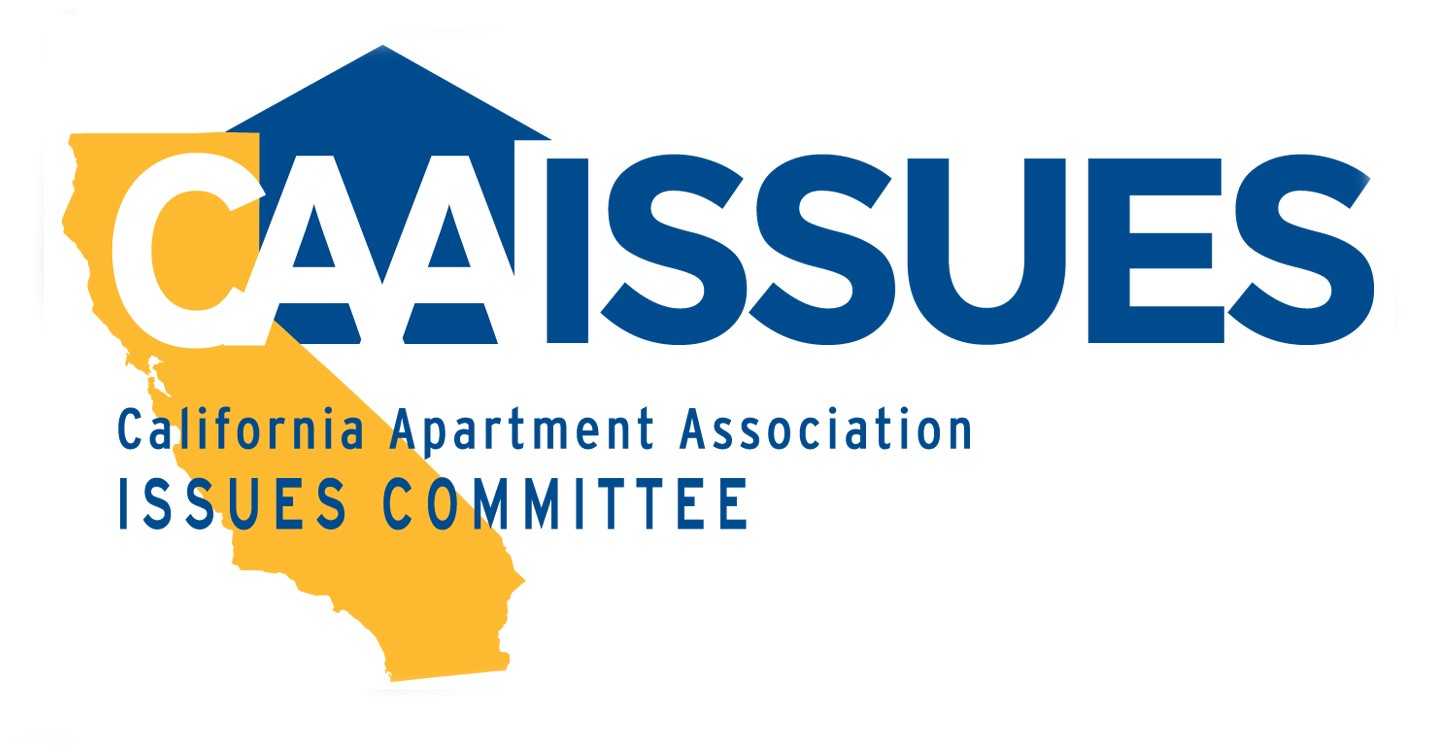As an owner of rental property with a swimming pool, you may have read about the new federal regulations that apply to pool wheelchair lifts in swimming pools. Chances are, however, that the new requirements don’t apply to your property.
Still, confusion has abounded among rental housing owners and managers since the U.S. Department of Justice released its Americans with Disabilities Act Standards for Accessible Design.
Unlike prior versions of the standards, last year’s release contains provisions relating to swimming pools and wheelchair lifts.
For existing residential rental housing, these standards apply to new construction or major remodeling. So if you already have a pool and haven’t done – or arent’ planning – big changes, you’re in the clear.
You’re also in the clear if the pool is only for your tenants and guests. That’s because the ADA standards apply only to public accommodations – or pools open to the public.
Let’s say you have a new pool or upgrade your existing pool – and it’s open to the public. Then, you may have some work to do. In these cases, the ADA says, you must “remove barriers” to the extent “readily achievable.”
Here’s where confusion is well-founded. What’s considered “readily achievable” depends on the conditions at a particular property and the resources of the owner.
No fixed standard applies to all properties. And while the California and federal ADA standards for new buildings and “alterations” can provide guidance, what’s “readily achievable” is likely to be something less in many cases.
An attorney with significant ADA experience or a California certified access specialist can help you determine the appropriate degree of compliance.
On a related note, regardless of ADA rules, if a disabled tenant asks for a lift, you’ve got to listen. The request may be a reasonable modification under fair housing law.
If the modification is necessary and reasonable, you may need to allow installation of the lift at the tenant’s expense. If that situation arises, it’s best to consult with a fair housing attorney about how to proceed. Failure to follow the correct process can result in liability — even if the tenant’s request is unreasonable.

